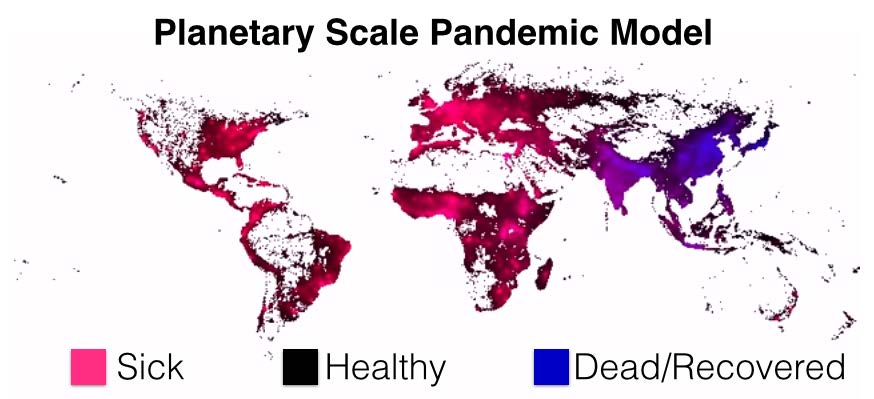Computational Healthcare
 From the emerging world of “big data” comes a new era of personalized medicine that is transforming health care by analyzing, designing, implementing, and evaluating information and communication systems that enhance individual and population health outcomes, improve patient care, and strengthen the clinician-patient relationship.
From the emerging world of “big data” comes a new era of personalized medicine that is transforming health care by analyzing, designing, implementing, and evaluating information and communication systems that enhance individual and population health outcomes, improve patient care, and strengthen the clinician-patient relationship.
In the past, clinicians relied on their personal and colleagues’ experiences to treat patients with the same disease – forming “mental models” of each disease. Today, instead of relying on a few case studies, clinicians can capitalize on the wealth of patient data available in the electronic health record to construct detailed mechanistic and statistical models of disease. These models will provide accurate predictions on the health status of patients and will guide decisions regarding their care. The result – more positive health outcomes, fewer medical errors, reduced costs, and patient care that is safe, efficient, effective, timely, patient-centered, and equitable. The infrastructure for personalized medicine will importantly foster accelerated research related to healthcare to improve treatments and find new cures.
The field of Computational Healthcare enables personalized medicine and exists at the interface of biomedical signal processing, computational modeling, machine learning, and health informatics – all exploiting electronic health record (EHR) data, physiological time-series data, genomics, etc. Research in Computational Healthcare at the ICM addresses questions such as:
- How can we use models of infectious disease to inform population health care policy?
- How can data in the electronic health record be used to guide more effective personalized care?
- How can physiological data measured from critically ill patients be used for early detection of rapidly evolving changes in their physiological status?


